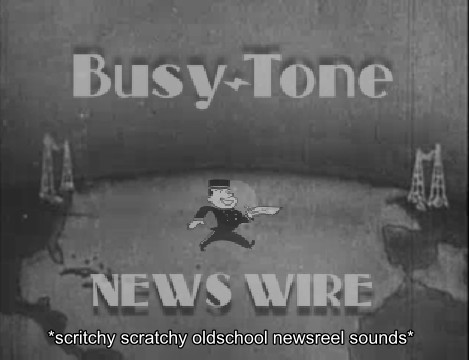Certain books — say, for example, all of them — don’t adapt well to book trailers. This includes, with brass knobs on, Anty Boisjoly Mysteries.
The conflicting concepts are the obvious problem but the greater obstacle to a compelling book trailer is probably budget, by which I mean production quality can only get so high before your book trailer looks like a movie trailer and inevitably leads to disappointment all ‘round. And up until that point pull quotes and the Adobe Premiere mist effect over a public domain image of a graveyard are going to lean so heavily on the excerpts that you have what amounts to a PowerPoint presentation with elevator music, and while PowerPoint is a great medium for quarterly reports and psychological warfare, it’s not much of an improvement over no book trailer at all.
I write books. Not movies. If I wanted to write movies I’d already be waiting tables in Santa Monica. So, this is not a book trailer. In fact, it’s the anti-book trailer, in that it’s meant to be a silly little diversion done and intended to be enjoyed in isolation from the book by which it’s inspired.
You can see it by clicking on the image, which leads to a Facebook video — there are subtitles because Facebook videos tend to auto-play in mute, so you’ll want to turn on sound for the full silliness.
Having said all that, it was tremendous fun to do and it does capture a certain Boisjolyness that just wouldn’t be there with a traditional book trailer, if traditional is a word that can be applied to a medium that began, peaked, and became out-dated in the last 18 months.
This one is for The Tale of the Tenpenny Tontine. I’m not sure why I chose that one — probably no better reason than that by which I justified this blog post — but I like it and I liked doing it. So, if you think we should (or most emphatically should not) do newsreels for the other books in the series, I hope you’ll leave a quick comment or send me a message with your vote.


Leave a comment